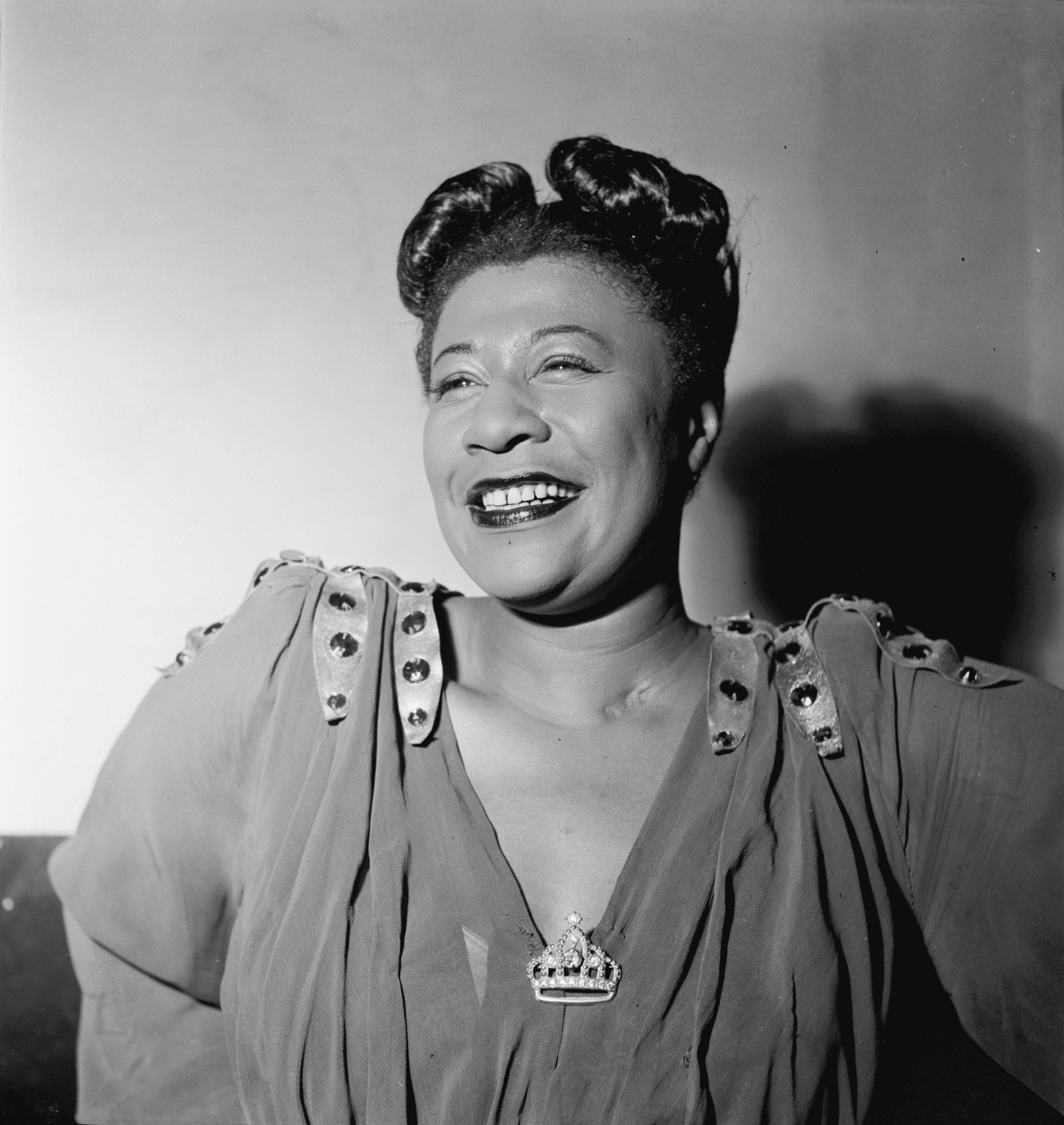Ella Fitzgerald, often referred to as the “First Lady of Song” or the “Queen of Jazz,” was a groundbreaking figure in the world of music. Her unparalleled vocal talent, distinctive style, and remarkable career have left an indelible mark on the history of jazz and popular music. Here are 10 fascinating facts about this legendary singer:
- Early Life: Ella Fitzgerald was born on April 25, 1917, in Newport News, Virginia. She grew up in Yonkers, New York, where she experienced a challenging childhood, facing poverty and the loss of her parents at a young age.
- Amateur Night at the Apollo Theater: In 1934, at the age of 17, Ella made her stage debut at Amateur Night at the Apollo Theater in Harlem. Initially planning to dance, she was encouraged by the audience’s reaction to switch to singing, marking the beginning of her extraordinary career.
- The “Scat” Queen: Fitzgerald was renowned for her improvisational skill, particularly in scat singing—a vocal technique involving improvised nonsense syllables and rhythms. Her mastery of scatting, showcased in songs like “How High the Moon,” set her apart as one of the greatest jazz vocalists of all time.
- Recording Career: Ella Fitzgerald recorded over 200 albums throughout her career, spanning various genres including jazz, swing, and the Great American Songbook. Her discography includes timeless classics like “Summertime,” “Dream a Little Dream of Me,” and “It Don’t Mean a Thing (If It Ain’t Got That Swing).”
- Breaking Barriers: Fitzgerald broke racial barriers in the music industry, becoming the first African American woman to win a Grammy Award in 1958. She received a total of 13 Grammy Awards and was awarded the Grammy Lifetime Achievement Award in 1967.
- Collaborations with Jazz Greats: Throughout her career, Ella collaborated with numerous jazz legends, including Duke Ellington, Louis Armstrong, and Count Basie. Her musical partnerships resulted in iconic recordings and live performances that continue to captivate audiences.
- Songbook Series: Fitzgerald’s “Songbook” series, which consisted of eight albums recorded between 1956 and 1964, celebrated the works of legendary composers such as Cole Porter, George Gershwin, and Irving Berlin. These albums are considered some of her finest recordings, showcasing her interpretive brilliance and vocal range.
- Presidential Medal of Freedom: In 1992, Ella Fitzgerald was awarded the Presidential Medal of Freedom, the highest civilian honor in the United States, for her contributions to music and her role in breaking racial barriers in the entertainment industry.
- International Ambassador of Jazz: Fitzgerald’s influence extended globally, and she toured extensively around the world, spreading the joy of jazz to audiences everywhere. Her performances in Europe, Asia, and beyond solidified her status as an international ambassador of jazz.
- Legacy: Ella Fitzgerald’s legacy continues to inspire generations of musicians and music lovers worldwide. Her impact on jazz and popular music is immeasurable, and her timeless recordings remain a testament to her unparalleled talent and enduring influence.
Ella Fitzgerald’s extraordinary voice, groundbreaking achievements, and enduring legacy cement her as one of the most iconic figures in the history of music, leaving an indelible mark on the world of jazz and beyond.


No responses yet